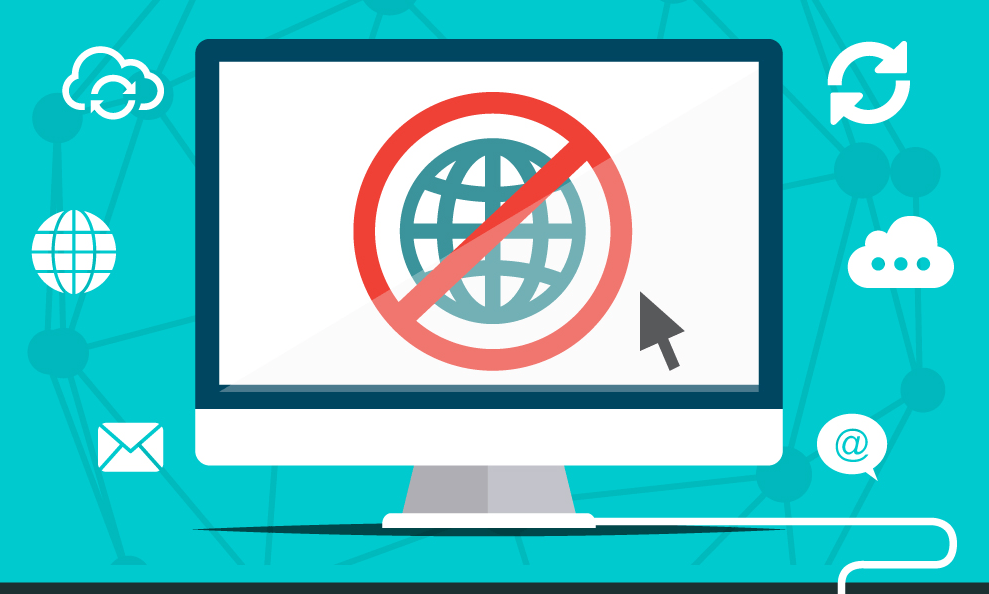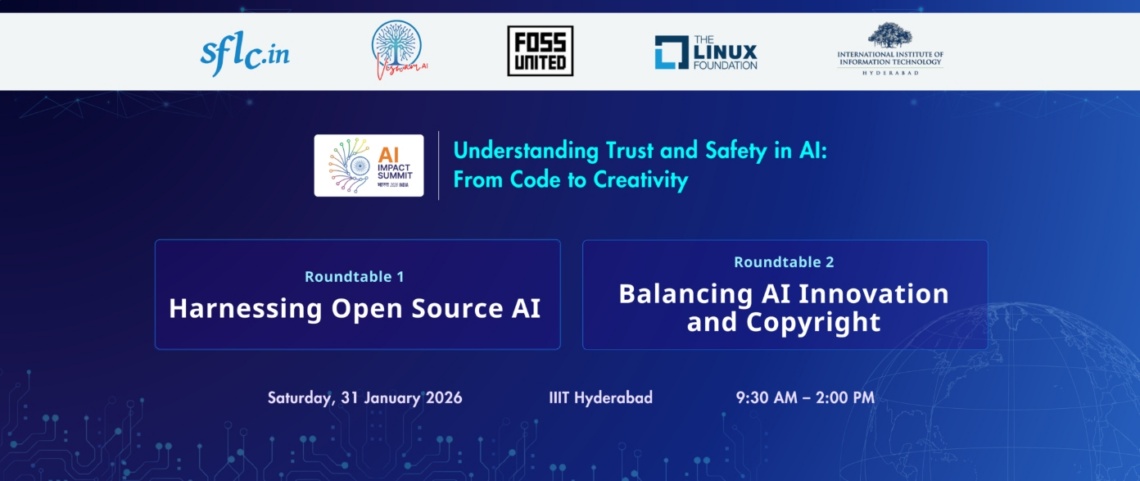In the last few years, India has witnessed a constant increase in the instances of Internet shutdowns in the country. These incidents point to the issuance of orders mostly by State Governments to block mobile and/or fixed line Internet services in an attempt to curb unrest or violence or as a preventive measure in certain cases. SFLC.in has been keeping a track of such instances in India and has maintained a dynamic tracker as well. In this regard, we wrote to Dr. Ajay Kumar, the Additional Secretary at Ministry of Electronics and Information Technology raising concern about the rising frequency of such shutdowns. The text of this letter can be accessed below.
However, since the sending of this letter, we have updated our Internet shutdown data as well as revised the shutdown trends. As of 6th February, 2017, we have tracked India to have experienced62 incidents of Internet shutdowns of varying durations across 12 states since 2012. This data can be accessed here. A revised version of the Internet shutdown trends can be accessed here.
————————————————————————————————————————————————————————————————————————————————————————
2nd February, 2017
To,
Dr. Ajay Kumar
Additional Secretary, Ministry of Electronics and Information Technology
Electronics Niketan, 6 CGO Complex,
Lodhi Road, New Delhi- 110003
Dear Dr. Ajay Kumar,
Sub: Raising concern regarding frequent disruption of Internet services in India
I write to you on behalf of SFLC.in (Software Freedom Law Centre, India), a not for profit organization that works towards protection and promotion of digital freedoms and civil liberties on the online sphere. This is to draw attention to the increasing instances of limiting access to Internet services in entire towns, or districts in the country.
We have been consistently tracking such state imposed disruption of Internet services in different regions across the country, for reasons varying from restricting spread of hateful and communal messages on social media platforms, to prevention of cheating in exams. Till date, our record shows 49 Internet shutdowns in India from 2013 to 2016, with 28 such incidents being reported in 2016 itself.
Moreover, we have analysed these shutdown trends in the country based on the mode of service disconnected (fixed line, wireless, or both), the duration of shutdowns, as well as their nature, i.e. if restricting access to the internet was a preventive or a reactive measure. In our findings, we observed not only an overall increase in the number of shutdowns consistently over the years, but also noted that most of these shutdowns are instituted for mobile Internet services. At this point, it is important to be mindful that Internet proliferation in India is mostly through the provision of mobile networks, with the recent Performance Indicator Report by TRAI stating that as of September 2016, out of a total of 367.48 million Internet subscribers, 345.60 million subscribers access Internet through the medium of mobiles and dongles.
The flagship programme of the Government, the Digital India initiative and its aim to digitize provision of government services to ensure convenience and transparency, is laudable. However, as the applications of Internet expands to areas such as e-commerce, education, and e-governance, it has become an intrinsic part of every citizen’s day to day life. Especially in light of the Central Government’s recent decision to demonitize Rs. 500 and Rs. 1000 currency notes, along with the encouraged use of applications and payment mechanisms such as BHIM (Bharat Interface for Money) and Aadhaar Enabled Payment Systems (AEPS) that involve digital transactions, assurance of stable and consistent Internet connectivity is imperative.
Such frequent disruptions of Internet services not only incur extremely high levels of economic losses, but also bring the lives of residents of that particular area to a standstill. A report by the Centre for Technology Innovation at Brookings Institute, that attempted to quantify the economic losses suffered by a country due to Internet shutdowns, adjudged India to have suffered highest losses in the world, along the lines of US $968 million due to such temporary restrictions on complete Internet access.
We at SFLC.in are aware that the Information Technology Act, 2000 provides for restriction of access to some online resources in certain situations related to security of state. Section 69A and the Information Technology (Procedure and Safeguards for Blocking for Access of Information by Public) Rules, 2009 framed under this Section create a detailed framework and procedure for conditions that warrant temporary disabling of public access to contentious content. We acknowledge that for such reasons, a targeted restriction of online resources could be instituted as per Section 69A and this provision should act as the standard operating procedure instead of a complete restriction of Internet services on any medium in an area. In fact, even these Rules need to be reviewed to ensure that the restrictions imposed are necessary and proportionate.
Presently, most of the orders for such restrictions are issued by the state governments under Section 144 of the Code of Criminal Procedure, 1973, which is a power given to the state governments to issue directions to a person in case of emergencies to prevent apprehended danger or nuisance. In the past this provision has been used to curb unlawful assemblies of people, however, the current use of this clause as a legal basis to disable an entire communication network is arbitrary.
Therefore, we strongly urge the Ministry of Electronics and Information Technology to take requisite action that would prohibit the issuance of orders that make Internet services entirely inaccessible for a particular area, and rather recommend that Section 69A and the procedure established by the Rules therein be applied to limit the restriction to certain specific online content. In interest of transparency, we further request you to make public any such guidelines or recommendations issued to officials designated to order restriction of Internet access.
For your kind perusal, we are attaching our record of Internet shutdowns from 2013 to 2016, and the analysis of these shutdown trends mentioned earlier along with this letter. We sincerely hope that you will take note and take appropriate action on this issue that is affecting overall development of the country and welfare of the citizens.
Yours sincerely,
Mishi Choudhary
President and Legal Director , SFLC.in




